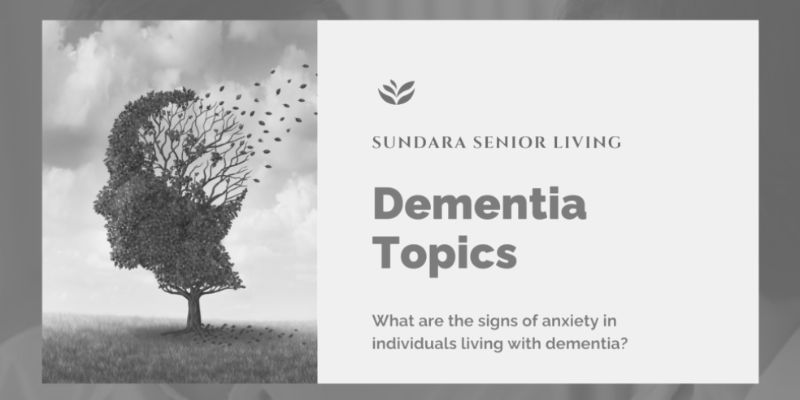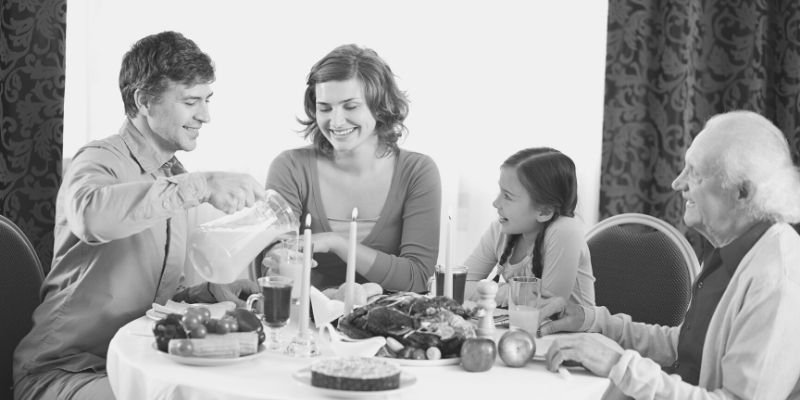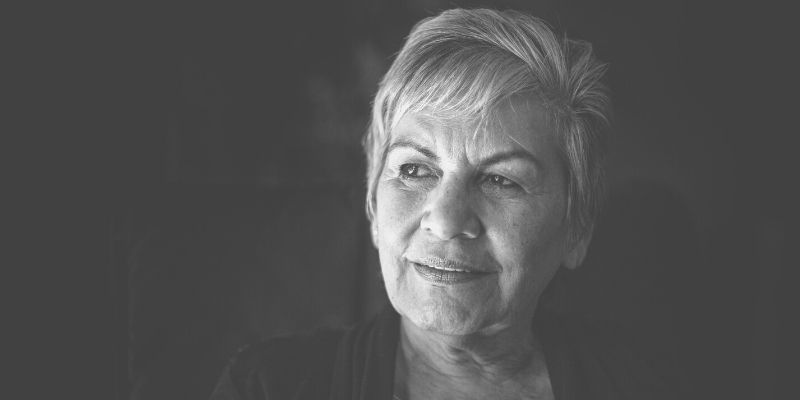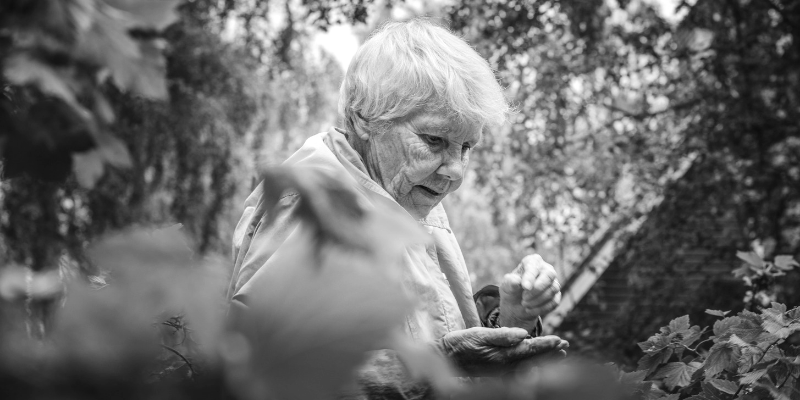Nearly half of individuals diagnosed with dementia experience anxiety, but you can help your loved one to manage anxiety by understanding its causes and having strategies in place. This may also help to prevent the worsening of cognitive function that can be caused by anxiety. Helping your loved one manage their dementia-related anxiety starts with understanding the signs and symptoms.








